A feed of recent articles relating to Climate Change from The Daily Climate.
30 October 2025.
The dangerous combination that made Melissa a monster hurricane – 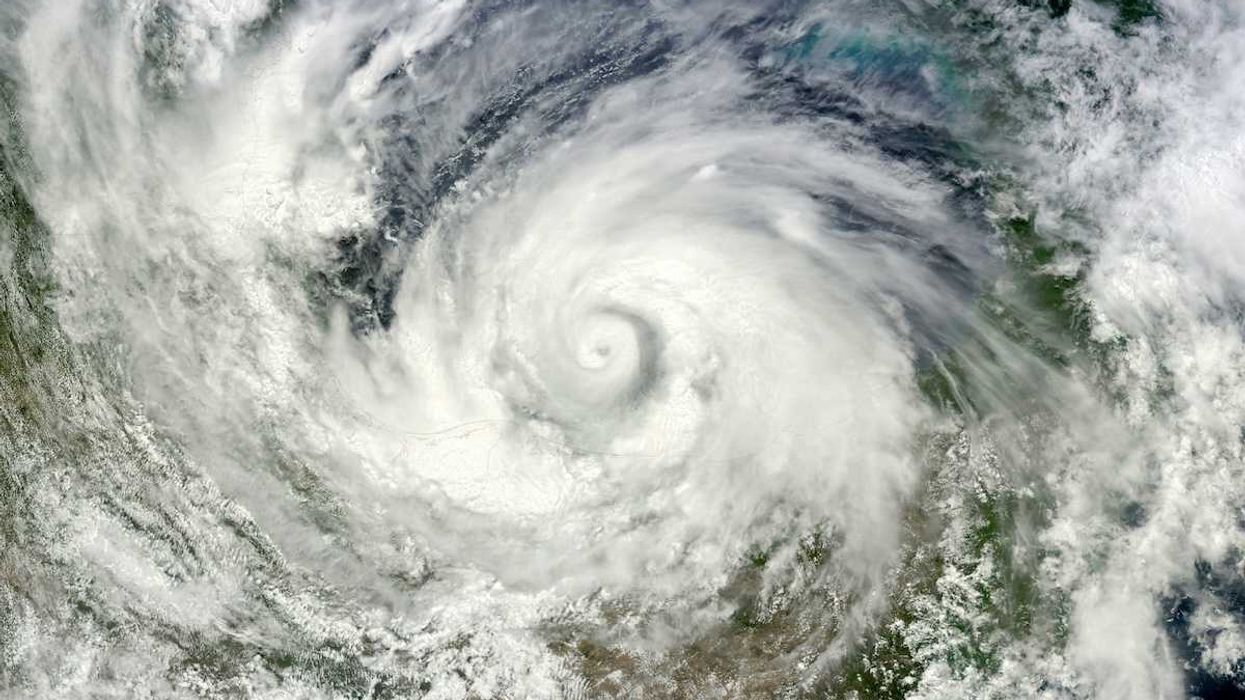
Hurricane Melissa’s power was undeniable, intensifying faster than most storms on record.
30 October 2025.
AI is pushing climate goals out of reach, new reports say – 
Without a big increase in investment in renewable energy globally, humanity will not limit global temperature rise to 2 degrees Celsius, but much of the data center boom is powered by fossil fuels.
30 October 2025.
Oklahoma oil regulators failed to stop spread of toxic wastewater – 
Salt water laced with cancer-causing chemicals, a byproduct of oil and gas drilling, is spewing from old wells. Experts warn of a pollution crisis spreading underground and threatening Oklahoma’s drinking water.
30 October 2025.
‘Unsustainable, unhealthy and ultimately unliveable’: Report reveals deadly cost of climate inaction – 
A new Lancet study finds that government delays in tackling climate change are worsening health crises worldwide, with surging heat-related deaths, air pollution fatalities, and food insecurity threatening millions.
30 October 2025.
Can the US and Canada revive Keystone XL? – 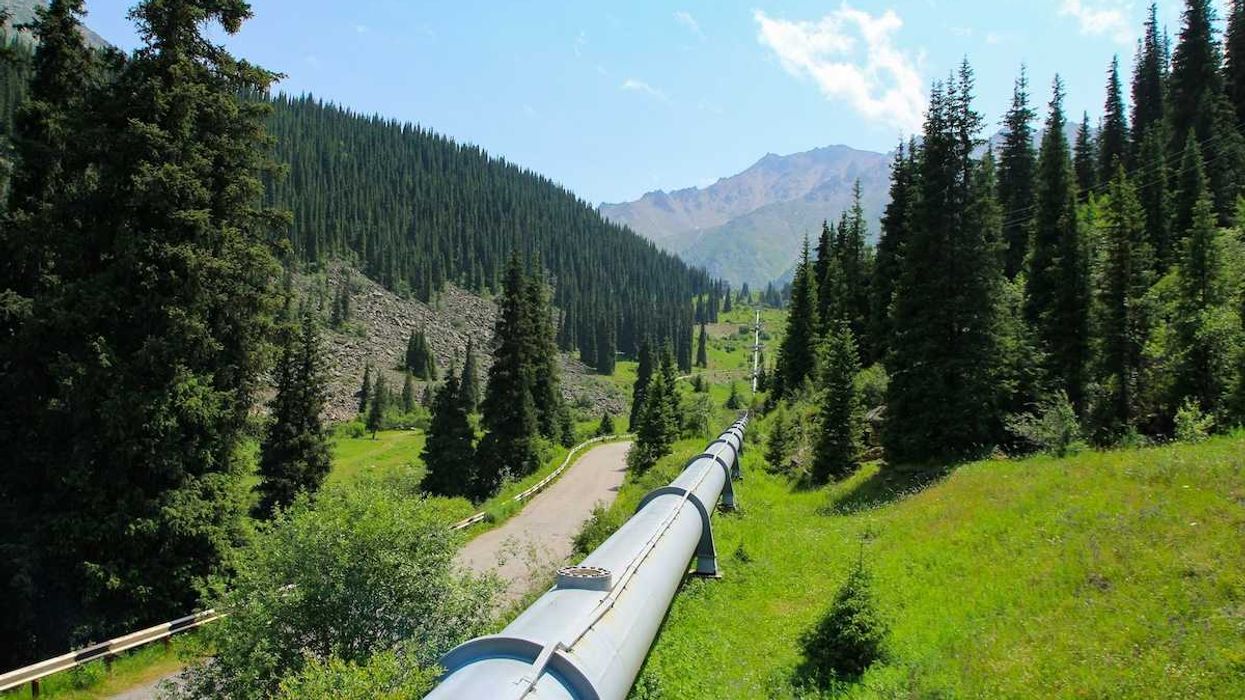
An earlier push to build the pipeline ended during the Biden administration. Both countries could try again if they settle their trade war.
30 October 2025.
Making EVs takes big energy, but after 2 years, they’re cleaner than gas-fueled cars, study finds – 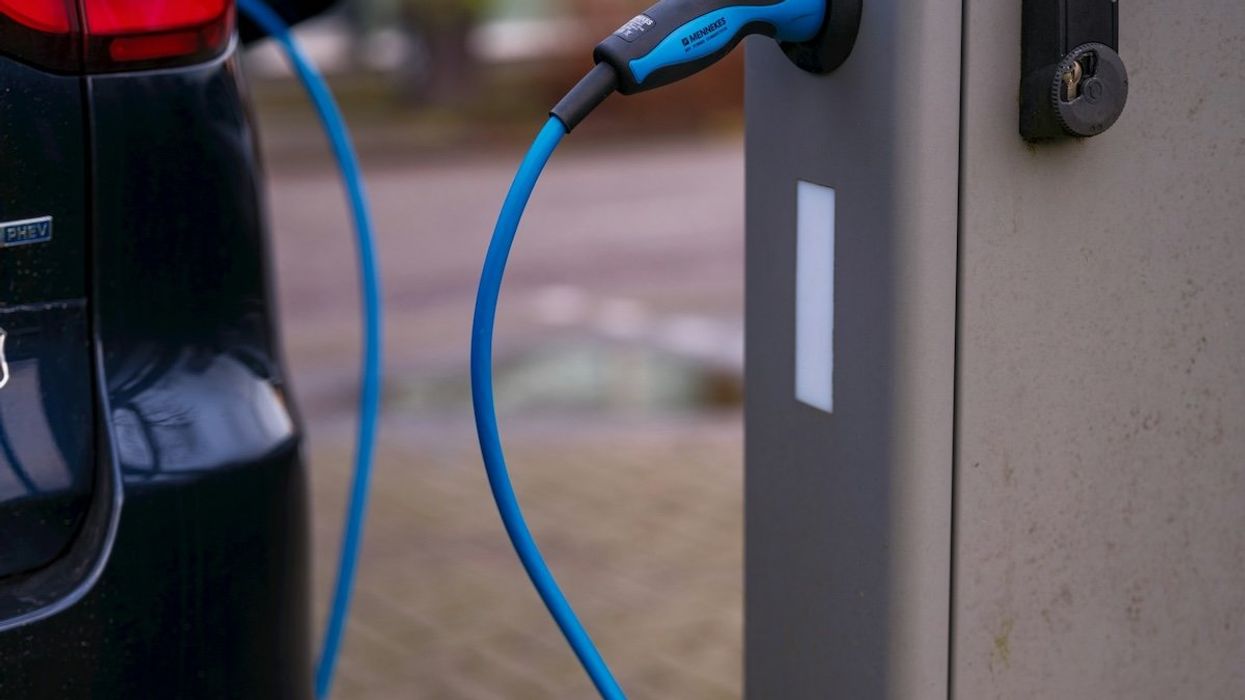
Producing and manufacturing electric vehicles and their batteries uses a lot of energy, leading many to be skeptical about the environmental benefits of going electric.
30 October 2025.
Growing threat to heat-exposed workers: chronic kidney disease – 
Some experts believe CKD is the first chronic illness directly linked to climate change.
30 October 2025.
The quest to make American EV batteries without destructive mining – 
Mining is the dirty side of the “green” transition to electric vehicles. Battery recycling could give the U.S. a cleaner, domestic source of critical minerals.
30 October 2025.
EPA flush with cash for ‘priority’ staff – 
The agency is taking an unprecedented approach to furloughs during this latest government shutdown.
30 October 2025.
Air pollution from industrial facilities is far worse than estimated – 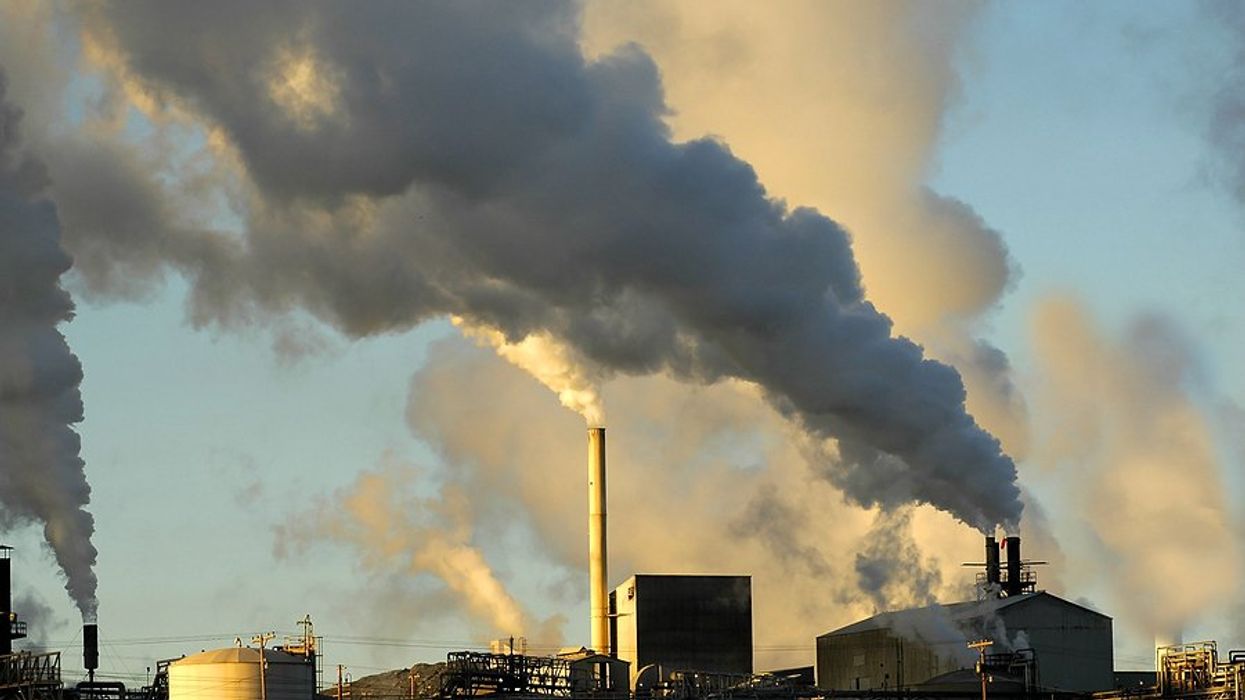
The Trump administration has put a stop to EPA rules that would have required more than 130 industrial facilities to install air monitors to measure pollution. Millions of people living near these plants face an increased risk of cancer.
29 October 2025.
Opinion: Why understanding climate science matters now more than ever – 
Widespread misconceptions about the science of climate change are fueling public confusion and political division, undermining efforts to address global warming.
29 October 2025.
Utah regulators deny clean energy petition but signal support for future renewable opportunities – 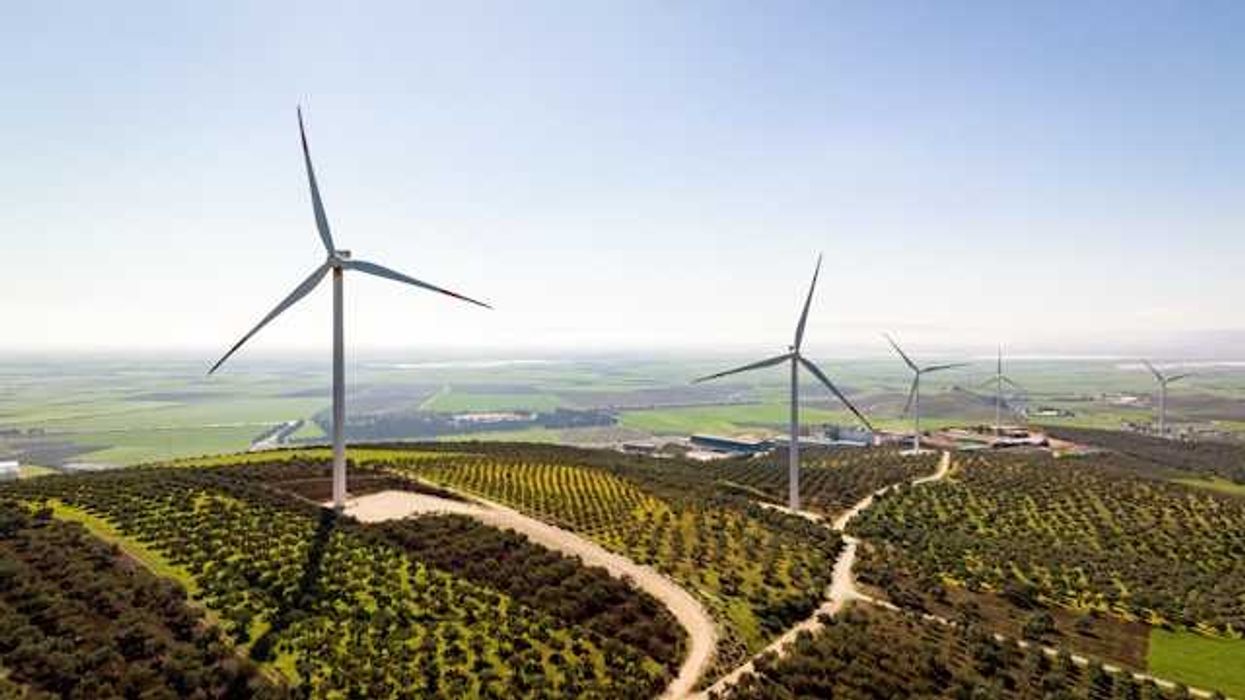
The Utah Public Service Commission rejected a request from clean energy advocates to compel Rocky Mountain Power to speed up renewable energy procurement, saying it lacks authority to direct resource decisions. Still, the ruling encourages the utility to pursue tax-credit-eligible projects to reduce costs for ratepayers.
29 October 2025.
Potential wind slowdown threatens renewable energy and fuels heat domes – 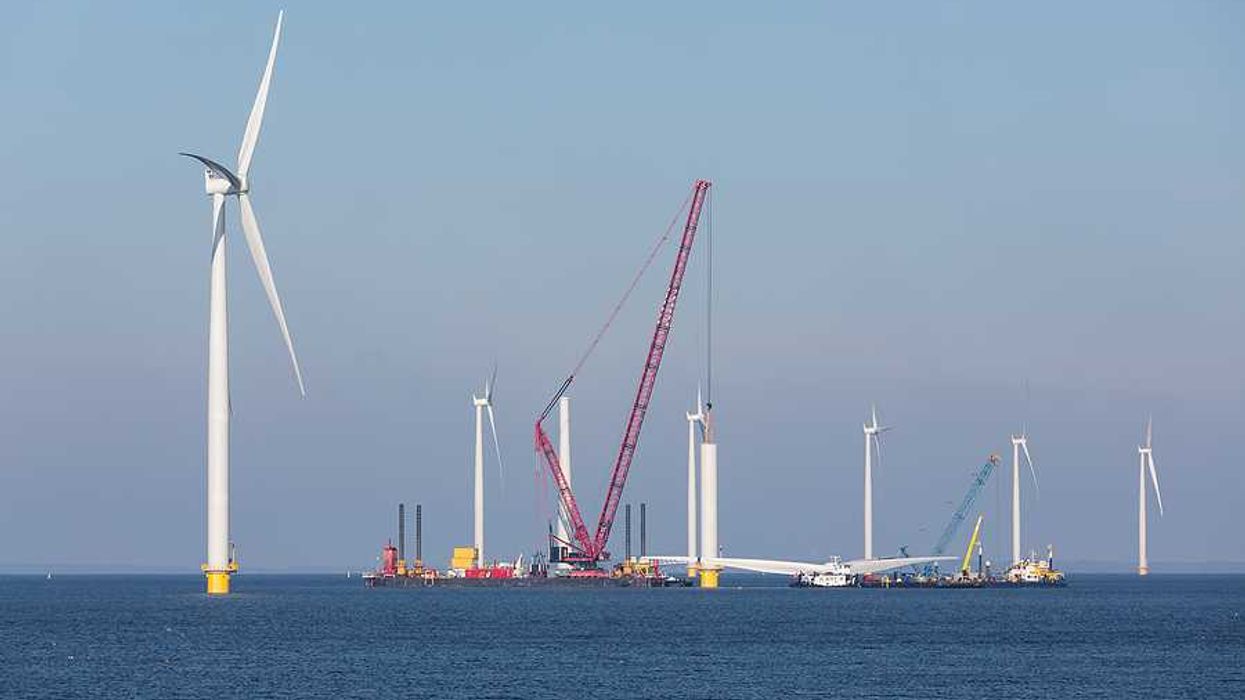
Climate change may be causing long-term global wind speeds to slow down, a shift that will likely lead to a dangerous rise in local temperatures, worsening air pollution and disruption to renewable energy systems.
29 October 2025.
Hurricane Melissa makes landfall in Cuba after disaster in Jamaica – 
Jamaica was declared a disaster area after Melissa made landfall there. Storm expected to hit the Bahamas later Wednesday.
29 October 2025.
America’s super-rich are running down the planet’s safe climate spaces, says Oxfam – 
Data shows wealthiest 0.1% of the US burn carbon at 4,000 times the rate of the world’s poorest 10%.
29 October 2025.
Inside the poisonous smoke killing wildfire fighters at young ages – 
Across the country, wildfire fighters work for weeks at a time in poisonous smoke. The government says they are protected. We tested the air at one fire to find out why they are still dying.
29 October 2025.
How climate change is making us sick – 
The recent discovery of mosquitoes in Iceland is just one way in which the climate crisis is creating health hazards. A new scientific report says these risks are unprecedented.
29 October 2025.
MacKenzie Scott gives $60 million to the Center for Disaster Philanthropy – 
MacKenzie Scott has donated $60 million to the Center for Disaster Philanthropy. The nonprofit announced the gift on Tuesday, calling it a transformative investment.
29 October 2025.
In a ‘disheartening’ era, the nation’s former top mining regulator speaks out – 
Joe Pizarchik, who led the federal Office of Surface Mining Reclamation and Enforcement from 2009 to 2017, says Alabama’s move in the wake of a fatal 2024 home explosion increases risks to residents living atop “gassy” coal mines.
29 October 2025.
China dives in on the world’s first wind-powered undersea data center – 
The $226 million project uses ocean breezes and seawater to stay cool.
29 October 2025.
Are mushrooms the future of insulation? – 
Scientists in Alaska are working to develop a sustainable and affordable fungus-based solution for insulation.
28 October 2025.
A shift in food taxes could cut emissions and make diets healthier, researchers say – 
A new study suggests that taxing climate-intensive foods like beef and dairy, while making fruits and vegetables cheaper, could significantly cut emissions and improve diets.
28 October 2025.
California continues hydrogen push after federal funding cuts – 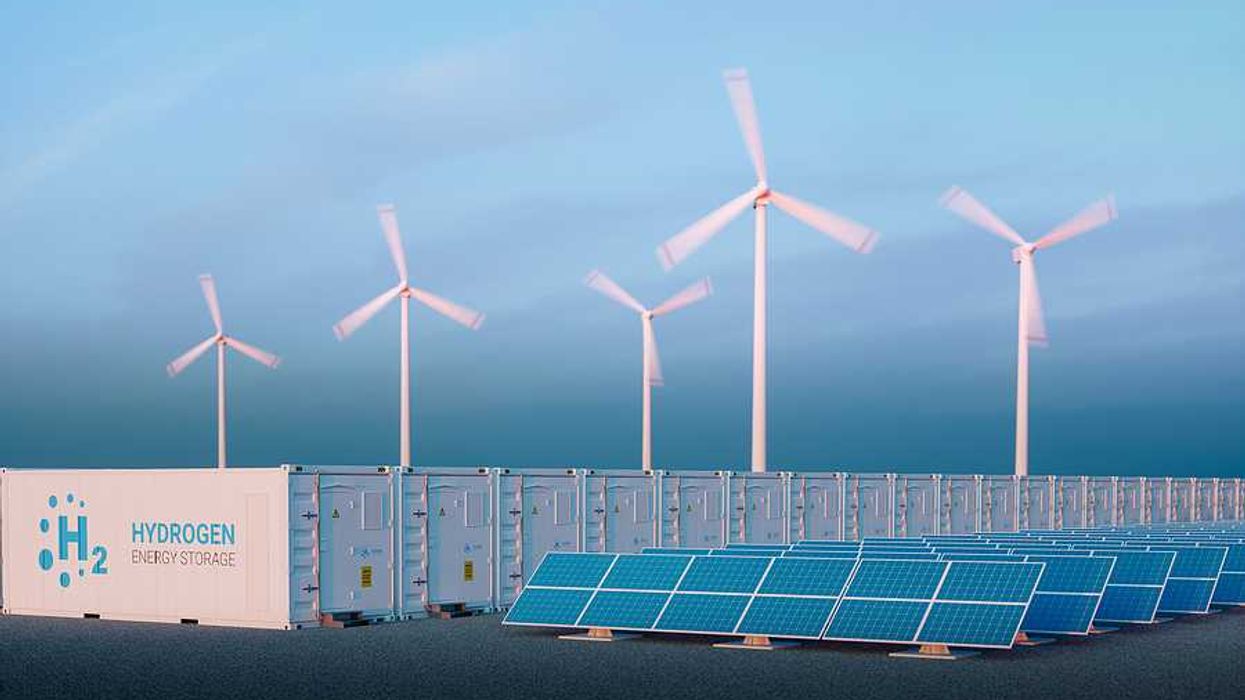
The federal government pulled $1.2 billion in hydrogen funding for California. Los Angeles is pressing ahead anyway — starting with the Scattergood power plant.
28 October 2025.
In New York, a pipeline proposal that just won’t die – 
Why some think a “lurid political shakedown” by President Trump will get a pipeline built off Rockaway Beach.
28 October 2025.
Climate plans don't limit dangerous warming, UN says ahead of COP – 
A new UN review finds that countries’ current carbon-cutting plans will reduce emissions by only 10% by 2035—far below the 57% drop needed to keep global temperature rise within the 1.5C target set by the Paris Agreement.
28 October 2025.
Trump moves to boost greenhouse, toxic emissions in Gulf states – 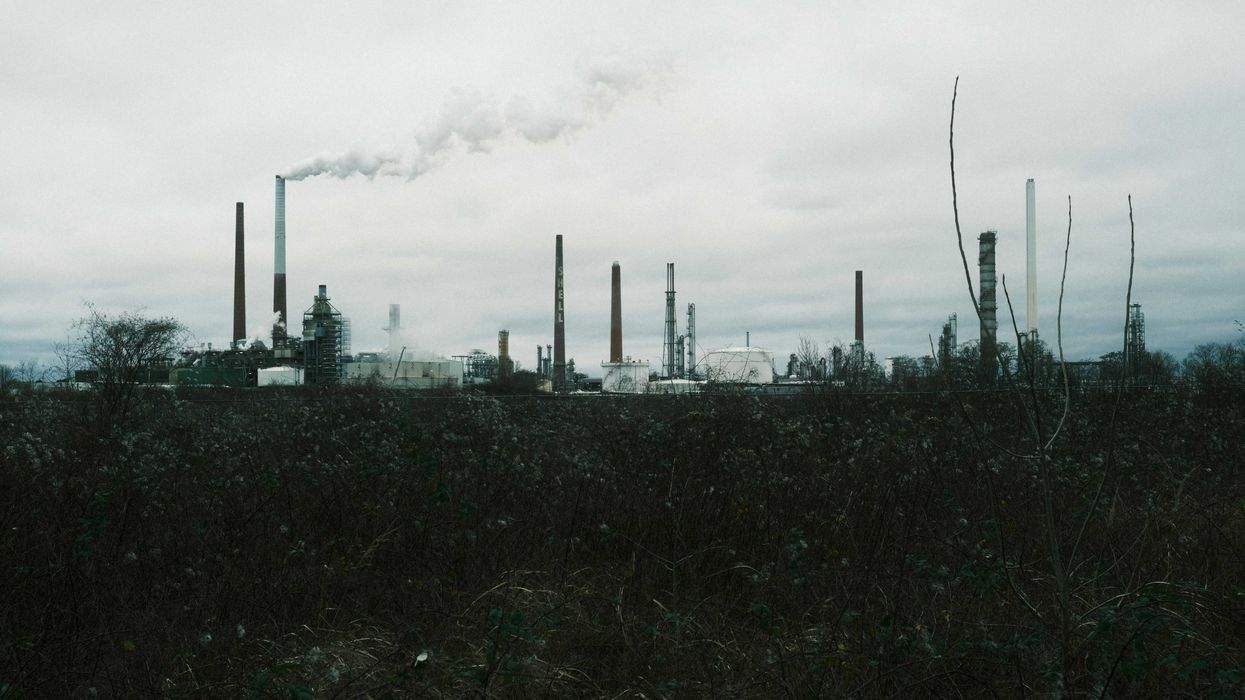
Expansions at five petrochemical plants in Texas and Louisiana could add the equivalent of more than 1 million cars’ worth of pollution, advocates say.
28 October 2025.
Climate factors make Jamaica especially vulnerable to Hurricane Melissa – 
More frequent and intense storms, sea-level rise and extensive rainfall fueled by climate change mean the island nation is likely to be hit especially hard by this week’s storm.
28 October 2025.
‘Change course now’: Humanity has missed 1.5C climate target, says UN head – 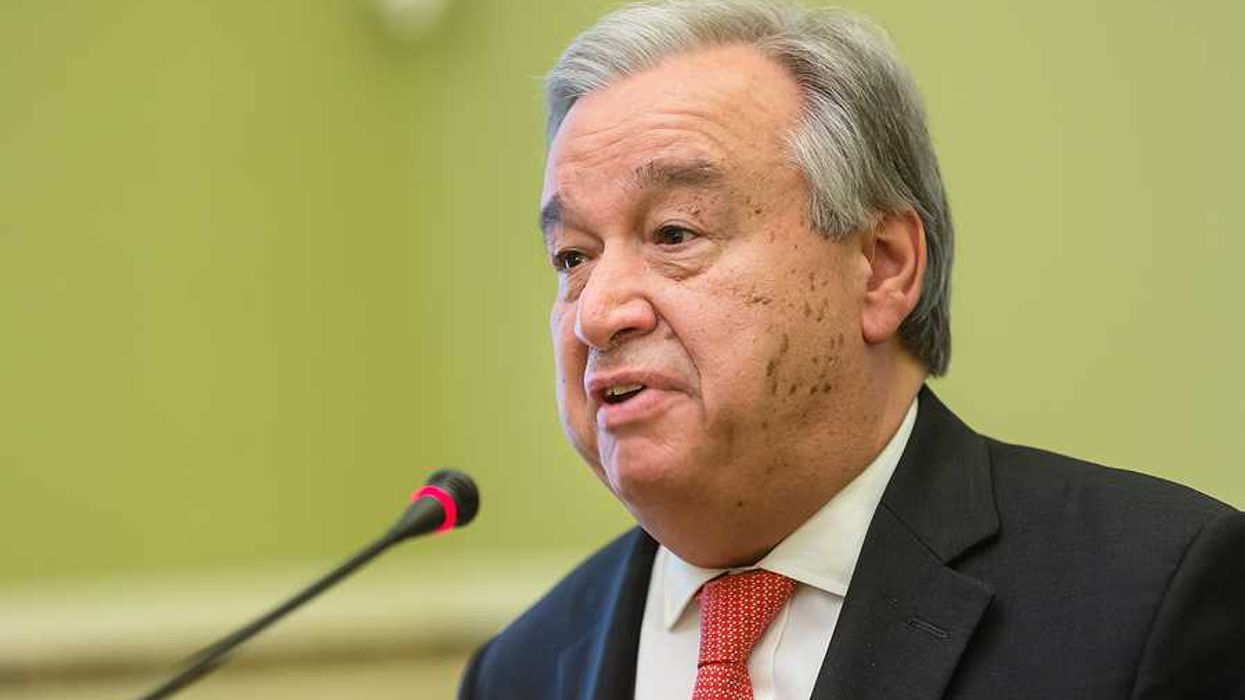
Exclusive: ‘Devastating consequences’ now inevitable but emissions cuts still vital, says António Guterres in sole interview before Cop30
28 October 2025.
U.N. report on climate pledges has updates from only a third of countries – 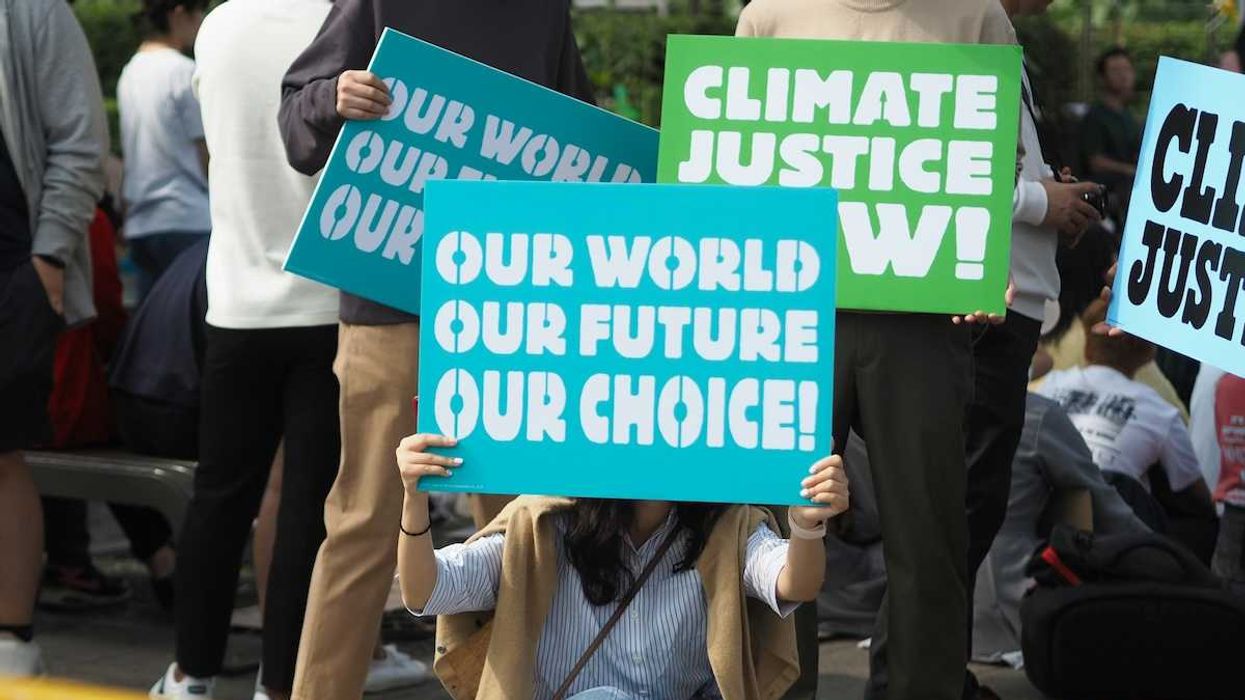
Countries that signed the Paris agreement are required to update their plans every five years. A U.N. report shows a limited picture and thus, limited progress.
28 October 2025.
Amsterdam's 750th anniversary showcases centuries of climate adaptation – 
From centuries-old dikes to new floating neighborhoods, Amsterdam's legacy of living with water offers vital lessons for cities confronting the realities of climate change.
